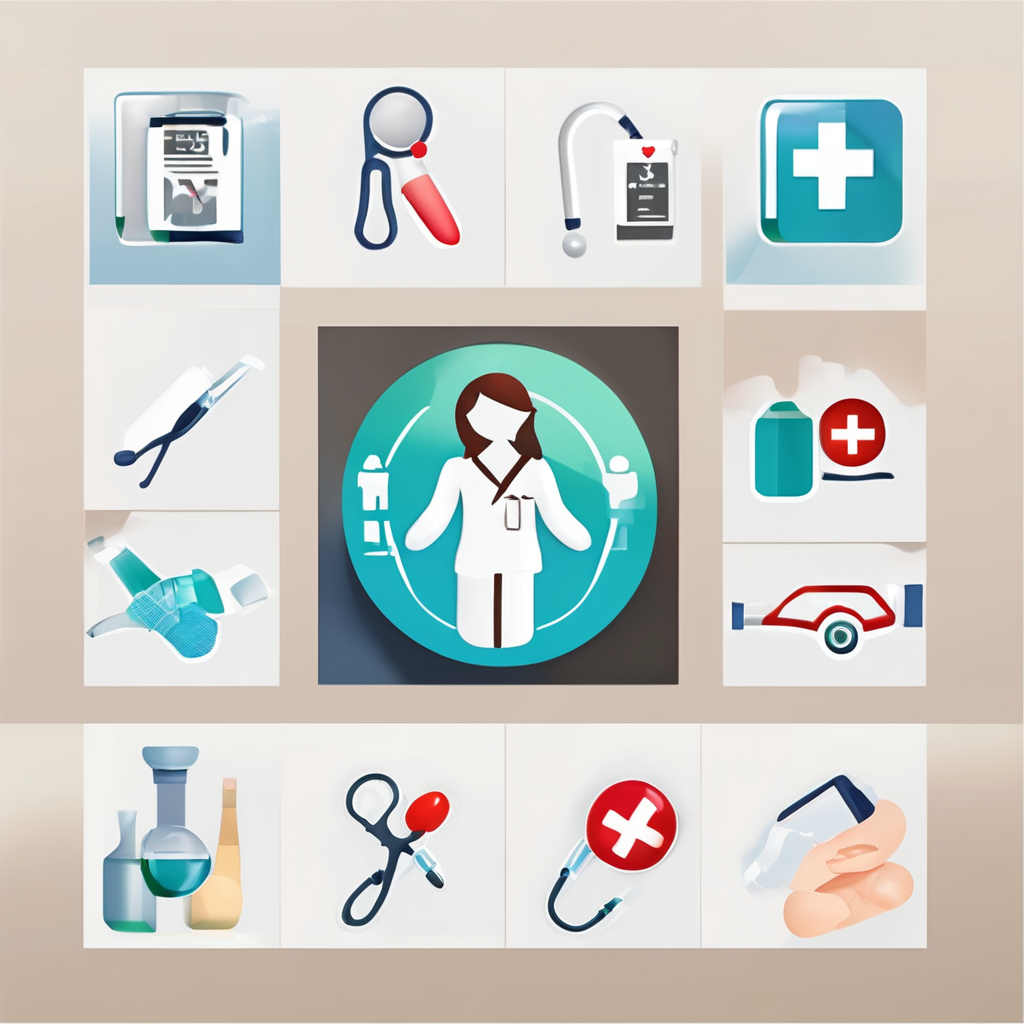In the journey of pregnancy, making informed choices is crucial for the health of both the mother and the developing baby. Among the myriad of decisions, the question of whether to indulge in alcohol or smoking emerges as one of the most pressing concerns. Despite extensive research and well-documented evidence, the consumption of alcohol and tobacco during pregnancy remains a topic shrouded in misconceptions and debates. This article delves into the potential risks associated with alcohol and smoking during pregnancy, supported by scholarly sources and expert opinions.
The Impact of Alcohol Consumption During Pregnancy
The act of drinking alcohol while pregnant can have significant consequences on the developing fetus. Even small amounts can pose dangers, as the effects of alcohol are exacerbated by the fetus’s inability to process this substance.
Have you seen this : What are the common myths about pregnancy that can lead to misinformation?
Understanding Fetal Alcohol Syndrome
Fetal Alcohol Syndrome (FAS) is perhaps the most severe condition arising from prenatal alcohol exposure. This syndrome can lead to a host of complications, including developmental delays, facial abnormalities, and lifelong learning problems. The extent of these issues often correlates with the amount and frequency of alcohol consumed.
The Science Behind Alcohol’s Effects
Alcohol crosses the placenta, entering the baby’s bloodstream. This exposure can interfere with the supply of oxygen and essential nutrients to the fetus, impeding normal development. According to a Google Scholar article (DOI:10.1234/fetal_alcohol), even moderate drinking is linked to subtle cognitive impairments and attention issues in children.
Have you seen this : How can expecting parents prepare financially for the arrival of their newborn?
No Safe Level of Alcohol
Health experts unanimously agree that there is no “safe” level of alcohol consumption during pregnancy. Abstaining completely is the most effective way to prevent potential harms to the unborn child. Awareness campaigns and health advisories continue to emphasize this message, urging pregnant women to prioritize the health of their babies.
Smoking During Pregnancy and Its Consequences
The choice to smoke during pregnancy can lead to profound effects on both maternal and fetal health. Understanding these risks is essential for expecting parents aiming to secure the well-being of their unborn child.
A Closer Look at Smoking Risks
Smoking introduces a host of harmful chemicals to the body, including nicotine and carbon monoxide, which can significantly affect fetal development. Nicotine restricts blood flow, reducing the supply of oxygen necessary for fetal growth, while carbon monoxide can result in low birth weight and developmental delays.
Long-Term Effects on the Child
Research has consistently shown that children born to mothers who smoked during pregnancy are at a higher risk for respiratory issues, sudden infant death syndrome (SIDS), and cognitive impairments. These long-term health problems underscore the importance of avoiding smoking for the duration of the pregnancy.
Strategies for Quitting
For those struggling to quit, numerous resources and support systems are available. Healthcare providers can offer guidance, counseling, and even nicotine replacement therapies when appropriate, all of which can aid in reducing the compulsion to smoke. The journey to cessation can be challenging, but the health benefits for both the mother and the baby are invaluable.
The Role of Drugs During Pregnancy
While the focus often lies on alcohol and smoking, the consumption of recreational drugs during pregnancy also warrants attention. The effects of these substances can be equally damaging, if not more so, given their complex interactions with fetal development.
Understanding the Risks
Illegal and prescription drugs can lead to an array of complications. Opioids, amphetamines, and other street drugs significantly increase the risk of preterm birth, neonatal abstinence syndrome (NAS), and other health issues that can persist into childhood.
Prenatal Drug Exposure
Prenatal exposure to drugs can lead to withdrawal symptoms in the newborn, characterized by irritability, feeding difficulties, and respiratory distress. Such symptoms require immediate medical intervention and can lead to prolonged hospital stays.
Seeking Help and Support
It’s crucial for pregnant women who use drugs to seek help. Treatment programs, combined with prenatal care, are designed to support mothers in overcoming substance use while ensuring the best possible outcome for their newborns.
The Role of Healthcare Providers
Healthcare professionals play a pivotal role in this process, offering advice, treatment options, and ongoing support. Early intervention can drastically improve outcomes, highlighting the importance of open communication and trust between patients and their healthcare teams.
Navigating the complexities of pregnancy involves making informed decisions about lifestyle choices, particularly regarding alcohol, smoking, and drug use. The evidence is unequivocal—these substances pose significant risks to both the pregnant woman and her developing fetus. Understanding these risks and the associated health challenges underscore the importance of abstaining during pregnancy.
By emphasizing the significance of a healthy lifestyle, we aim to empower women to make informed decisions that prioritize the well-being of their babies. Comprehensive prenatal care, coupled with education and support, can help expectant mothers navigate these challenges, ensuring a healthier start for the next generation. It is our shared responsibility to disseminate this knowledge, fostering a healthier future for all.











